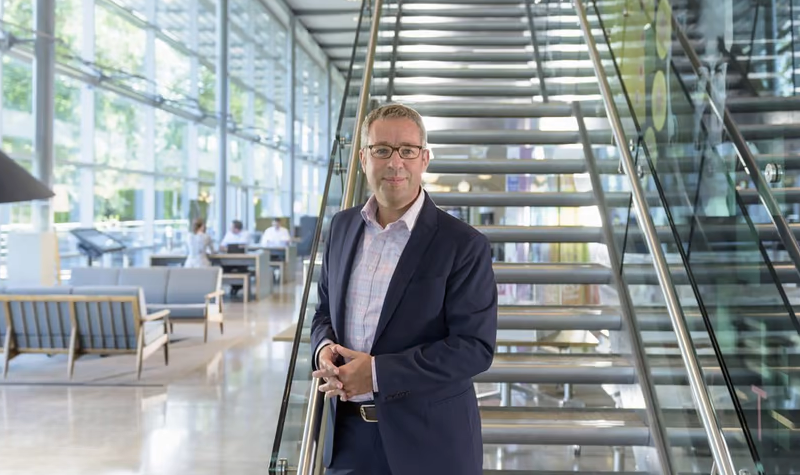AstraZeneca is throwing open its doors to ideas from scientists near the start of their careers. Through its global R&D Postdoctoral Challenge, the Anglo-Swedish drugmaker will equip researchers to pursue novel approaches to treating diseases.
Like other large drug developers, AstraZeneca runs a postdoc program. The challenge opens up a new way for AstraZeneca to engage with postdoc researchers and students in the final year of their M.D. or Ph.D. by enabling them to receive funding to study their own ideas. David Goldstein, Ph.D., director of the Institute for Genomic Medicine at the Columbia University Medical Center and one of the members of the judging panel, set out his thoughts on the challenge during a media briefing call.
“It really couldn’t be a more exciting time to actually allow the postdocs to define their projects. I think we really are at a transition point where we’re moving from using animal models to get guidance about targets and their relevance to diseases, to actually using human biology itself to get guidance about targets. But figuring out how to use human biology to get guidance about targets is tough. There’s going to be a lot of big data challenges and other kinds of challenges, and we clearly need new, fresh, exciting ideas. This initiative, I think, is perfectly designed to help identify those ideas,” Goldstein said.
AstraZeneca is accepting applications until May 26, after which it will whittle the submissions down to a shortlist of applicants who will pitch their ideas to the judging panel in October. The aim is to select the finalists later in the year. AstraZeneca will decide how many positions to fund—numbers from five to 20 were discussed on the call—once it sees how many good ideas it receives.
The challenge has the potential to expose AstraZeneca to ideas from outside of the pools of talent from which it usually draws, as Mene Pangalos, Ph.D., executive vice president of biopharmaceuticals R&D at the company, explained.
“We’re quite used to getting scientists from Harvard and Cambridge and Oxford, but it’d be lovely to get some applications from the United Arab Emirates, North Africa, sub-Saharan Africa. That would be a wonderful thing for us to see and we will look at those applications very favorably,” Pangalos said.

